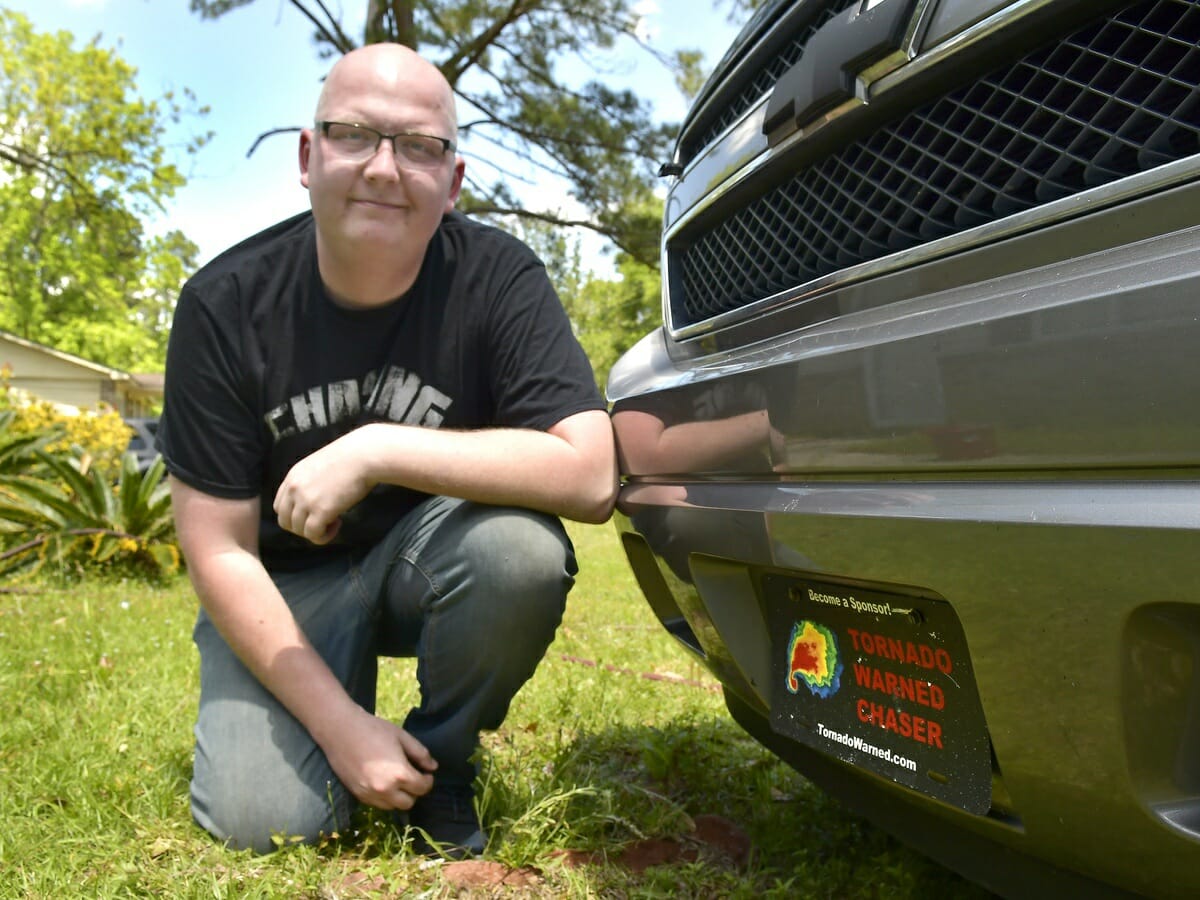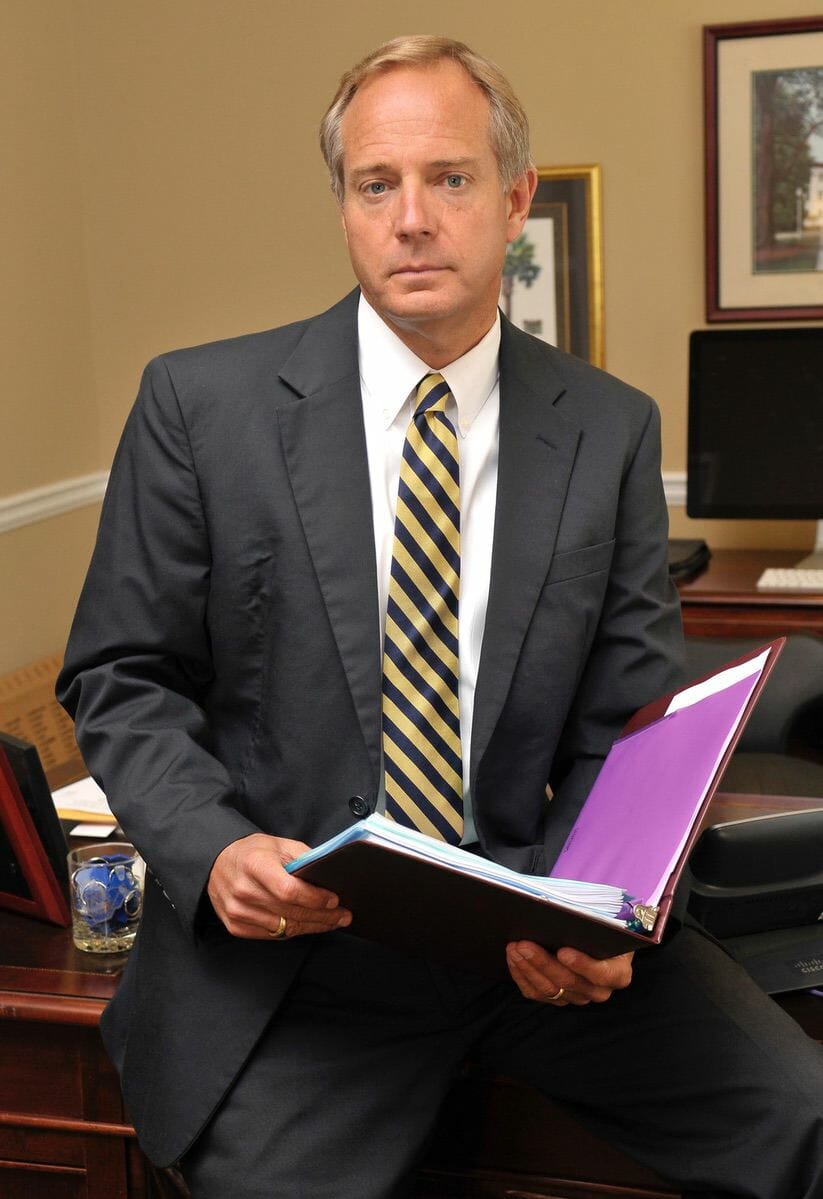By Lanier Laney
Nathan Harris, 84, could have lived a life of leisure. Born into a wealthy English family, he did not have to work after he graduated from college. He spent his time fox hunting three days a week, hunting, shooting, and riding the steeplechase the other days.

But he felt there must be more to life, some contribution he could make. His father had served his community as Lord Mayor of Leicester England. Nathan remembers WWII vividly when, as a child, he watched his father constantly work to get refugees and Jews out of France before and after the Nazis took over. He also remembered a vacation at the seashore where he watched the legendary flotilla of small boats manned by local citizens rescue more than 30,000 British troops from across the English channel the night that France fell to the Germans and the Nazis were rushing to annihilate the trapped troops.
He saw that one person’s efforts could make a big difference in peoples’ lives and he wanted to do that also.
His first chance came when he was elected to Leicester County Council. He started looking for ways he could help improve the quality of life of local families. A deeply spiritual man, he also chaired the Parish Council. He felt education was a way to open horizons for many of the poor, working class children there. He became involved with the Leicester Education Authority (which was the largest education authority in England at the time) and later became its head. Over the years, it became a model as one of the most progressive and successful education authorities in England and received many awards. While there, Nathan also organized students and teachers to create the most successful youth orchestra in Britain.
After seeing what enrichment music brought to the students’ lives, Nathan wanted to expand their experience of the visual arts as well, since many were too poor to travel to the great museums of London. Nathan oversaw the creation of the finest collection of art by living artists in Britain outside of the Tate Gallery by getting artists involved to put their art in schools for students to feel and touch and experience first hand. The collection even featured pieces from English art icons, including famed sculptor Henry Moore.
Nathan was head of the these organizations for more than 20 years, as well as being a columnist on education and social improvement issues for two major London-based newspapers (The Times and Guardian) and often appeared on television as a popular pundit.
Before she became Prime Minister, Margaret Thatcher was appointed Minister of Education for England. In that capacity she began to butt heads with Nathan, who was chairman of the Leicester Education Authority and East Midlands Arts Association.
Says Nathan, “She thought art and music were unnecessary, a waste of money and irrelevant. She said publicly that the idea of bringing culture into the education of working class children gave them ideas beyond their station.” He continues, “She started off good by restraining the unions, but her anti-working class attitude proved to be a disaster. So though they think here in America she’s the cat’s whiskers, by the time she left office she wasn’t well regarded in England and had lost her luster.”
But before that, when Margaret Thatcher was elected Prime Minister, Nathan decided it was time to leave England. Says Nathan “I didn’t want to see my life’s work destroyed. There was nothing I could do to stop it.”
Nathan’s marriage of 27 years — which resulted in “four wonderful children” — had ended in divorce a few years earlier and he had met a new love, Alison Strong, from a well-regarded aristocratic family.
Says Nathan, “She was a unique second wife in that she insisted on giving everything to my first wife.”
Realizing he’d have to make money, Nathan flew to New York City and joined a marketing business run by a friend there. The friend, who lived in Connecticut, wanted to move the business South to a little town called Beaufort, and that’s how Nathan ended up here.
His wife, Ally, soon followed and became the office manager at Fripp Island Real Estate company. They lived together in Beaufort for eight years.
Unfortunately, Ally became sick and passed away after a long illness. Nathan had to mortgage the house to pay all the hospital bills, which he did, and had enough left over to barely buy the historic Joseph Patterson House on the corner of Duke and Newcastle street in the Northwest Quadrant in downtown Beaufort. Although it was a “falling down wreck,” he and a carpenter friend persevered, and over the years, saved it and restored it to its present day beauty.
Nathan has been involved with AMIkids Beaufort (formerly known as the Beaufort Marine Institute) since its early days for the past 23 years.
Says Nathan, “I think it is the best program for young people in trouble with the law in the world. Nearly 80 percent non-recidivism, and it’s usually the other way around. The Department of Juvenile Justice recommends kids they think will benefit from the program. It’s phenomenally successful.”
At the recent AMIkids Croquet Fundraiser at Brays Island, Nathan, as one of the “master of ceremonies,” stayed on the mic with his soft-cultured English accent for nearly four hours, talking to the crowd about the organization and imploring them to contribute. As a result, he raised nearly $45,000 of the record $95,000 raised this year.
AMIkids has literally helped hundreds and hundreds of young men get back on track with their lives over the 20 years Nathan has been working with them.
Nathan has also enjoyed being the eucharistic minister at St. Helena’s Episcopal Church for over 20 years. He’s been friends with Rev. Alexander McBride, the minister of the First African Baptist Church on The Point, for years and finds his sermons “very inspirational” and the people in the congregation “lovely.”
About Beaufort, Nathan says, “It’s a very interesting mixture of many sorts of people that I find interesting. The epitome of American small town charm.”
Nathan met the third love of his life, Carol Washington, and they were married three years ago when he was 81. You can often see Nathan in one of his dapper outfits, biking around town. He says it helps him stay well and fit.
“Life in Beaufort has been pretty good and I hope it goes on for another 84 years,” he said.
Nathan Harris has demonstrated that one person, no matter what age, can make a difference in children’s lives, and we thank him for that.





